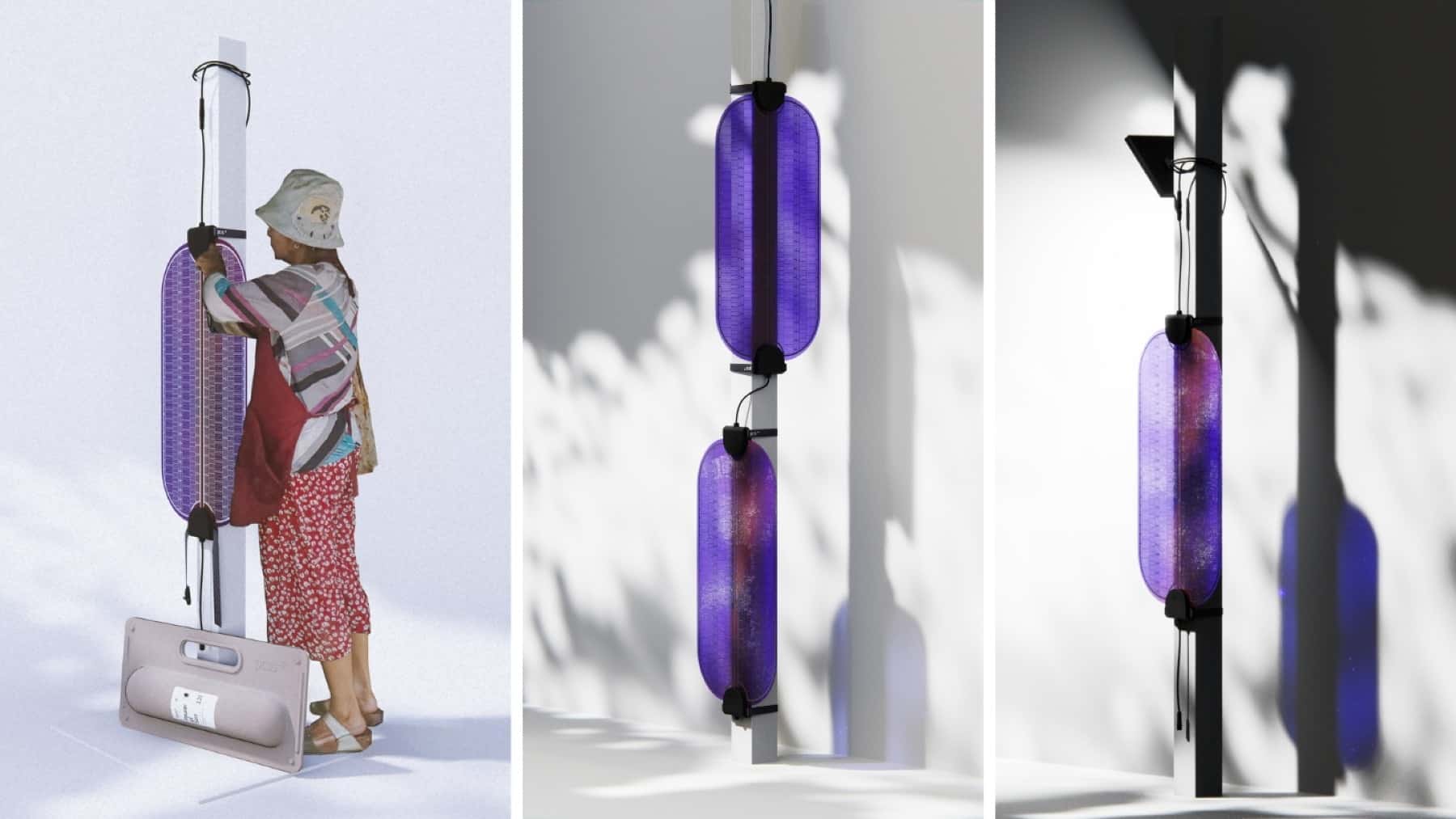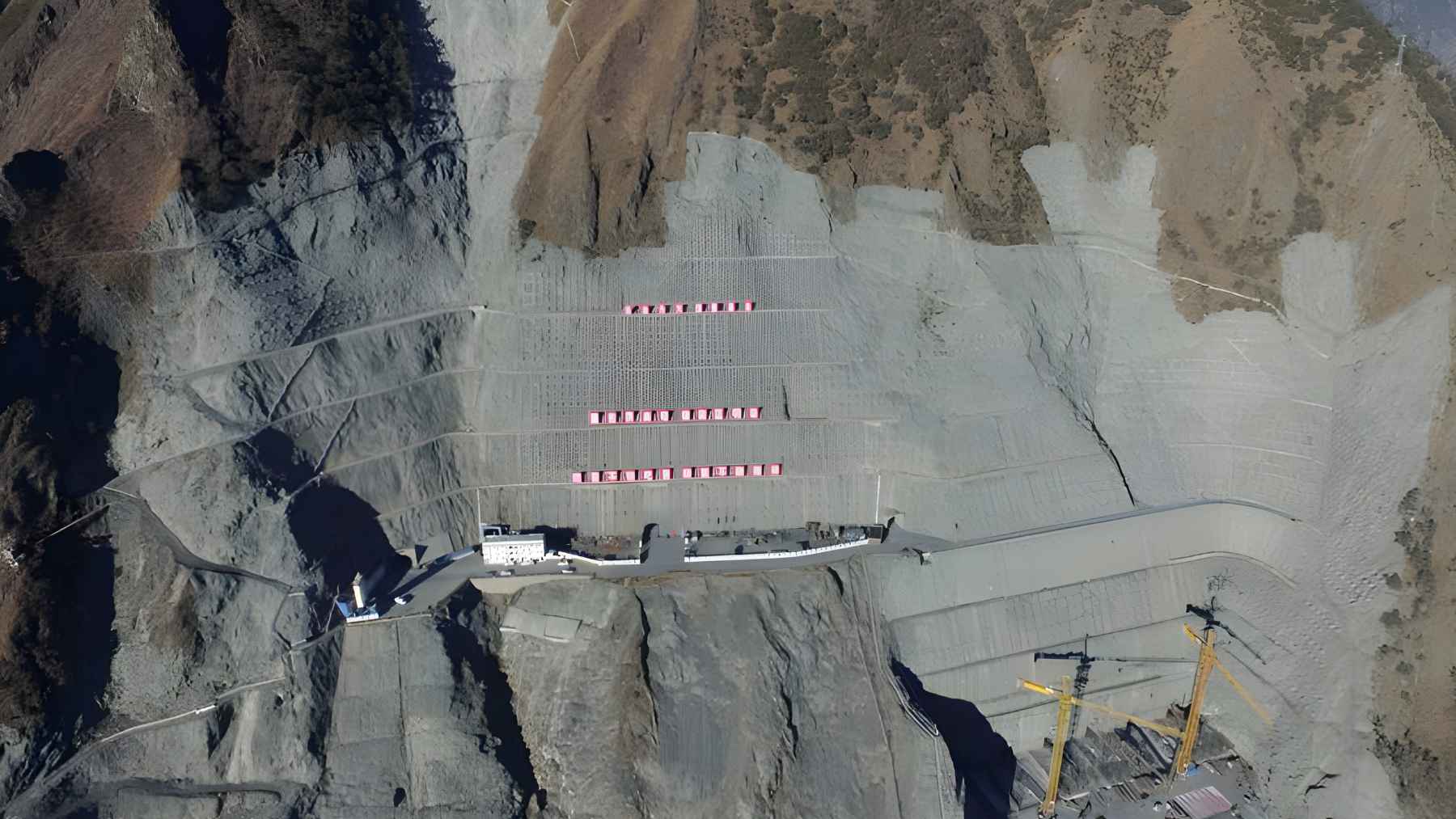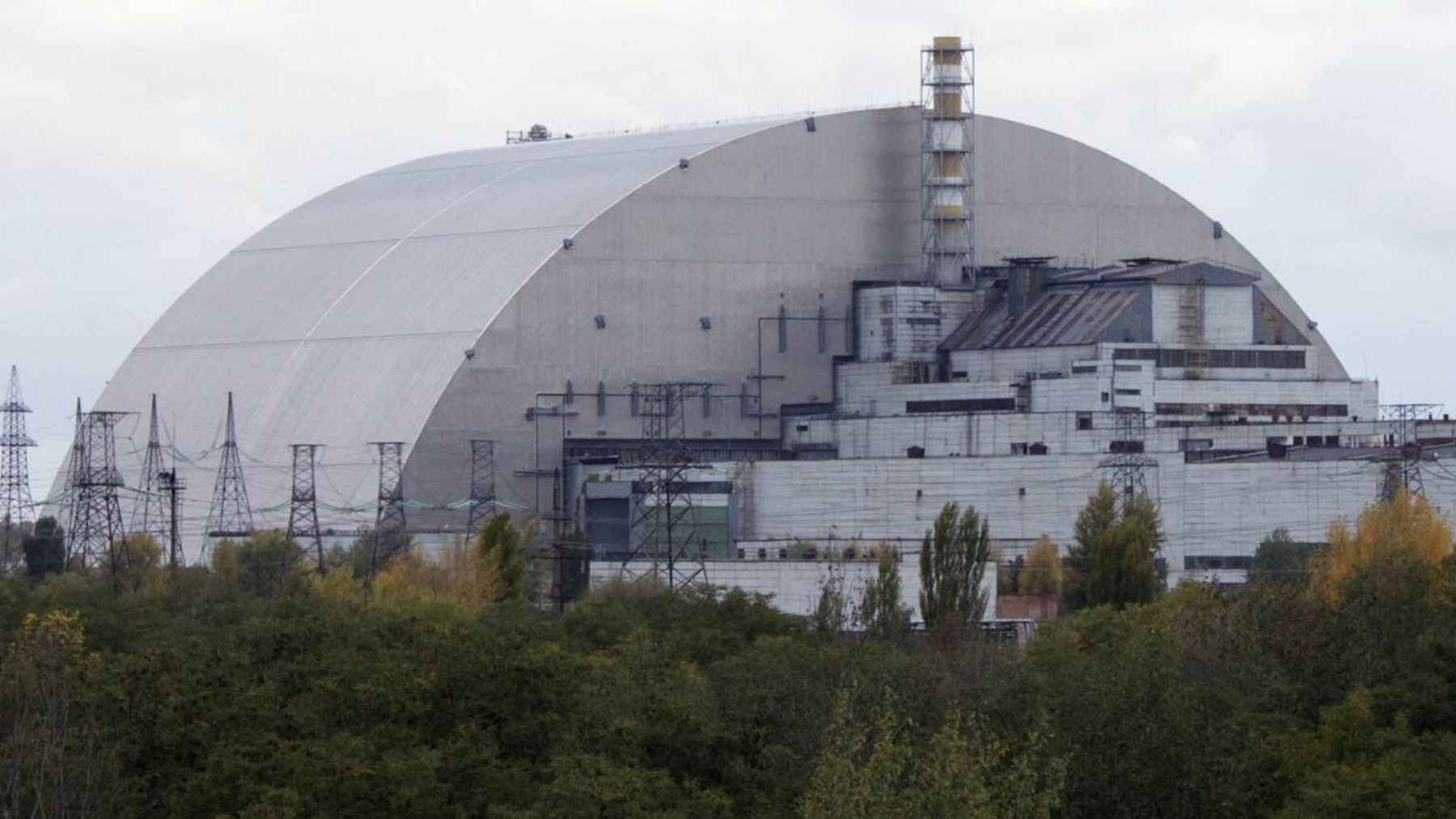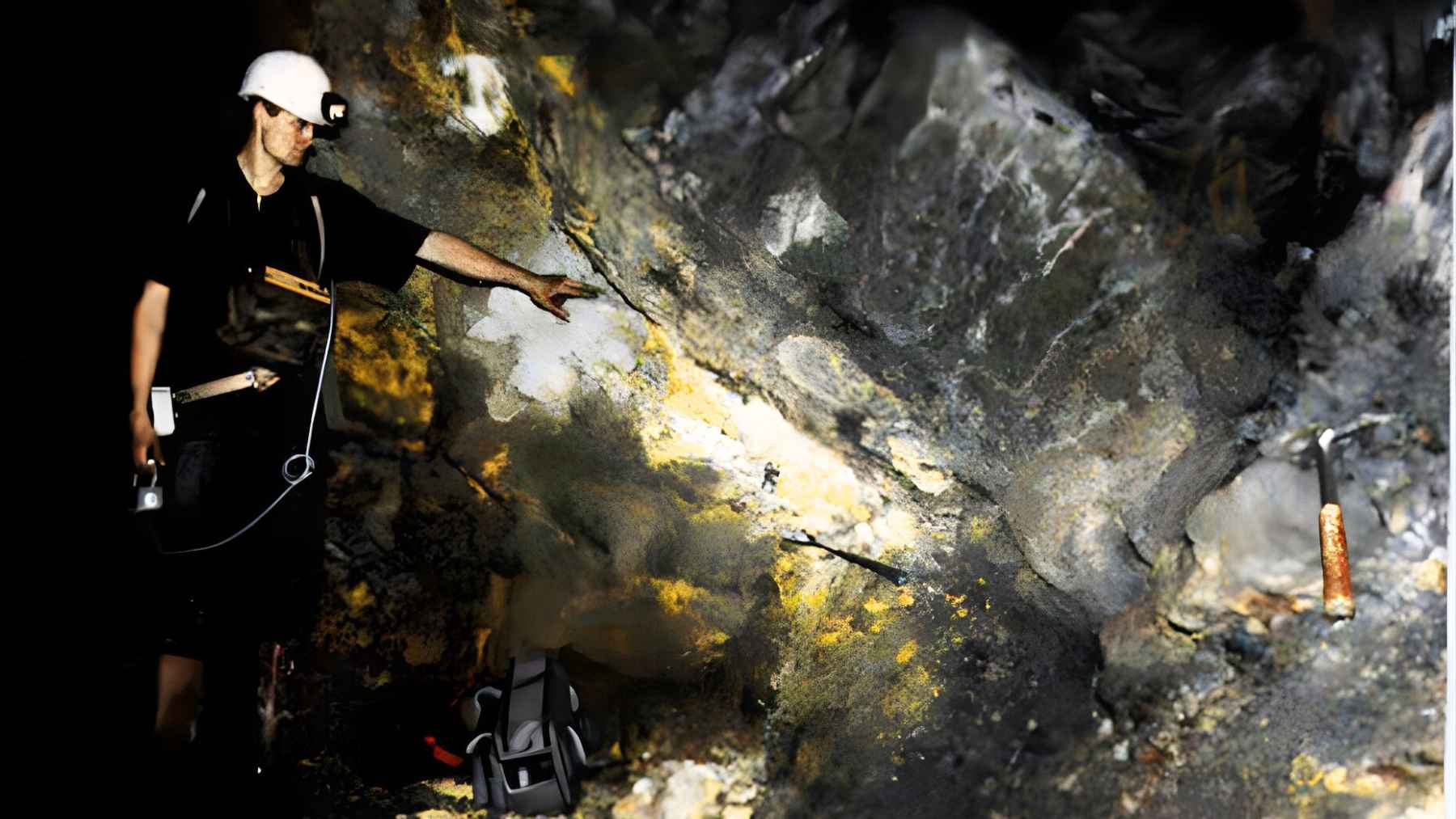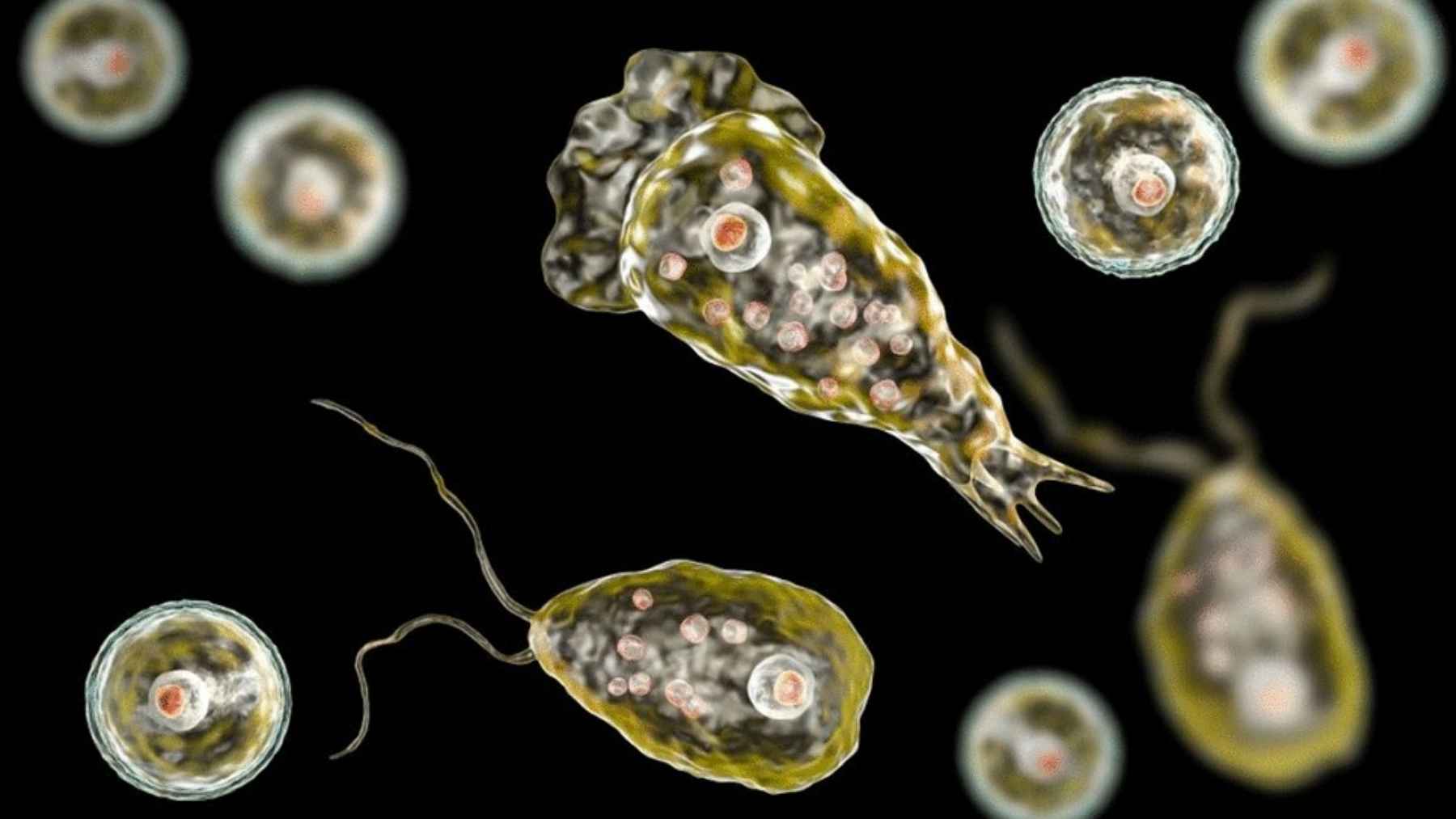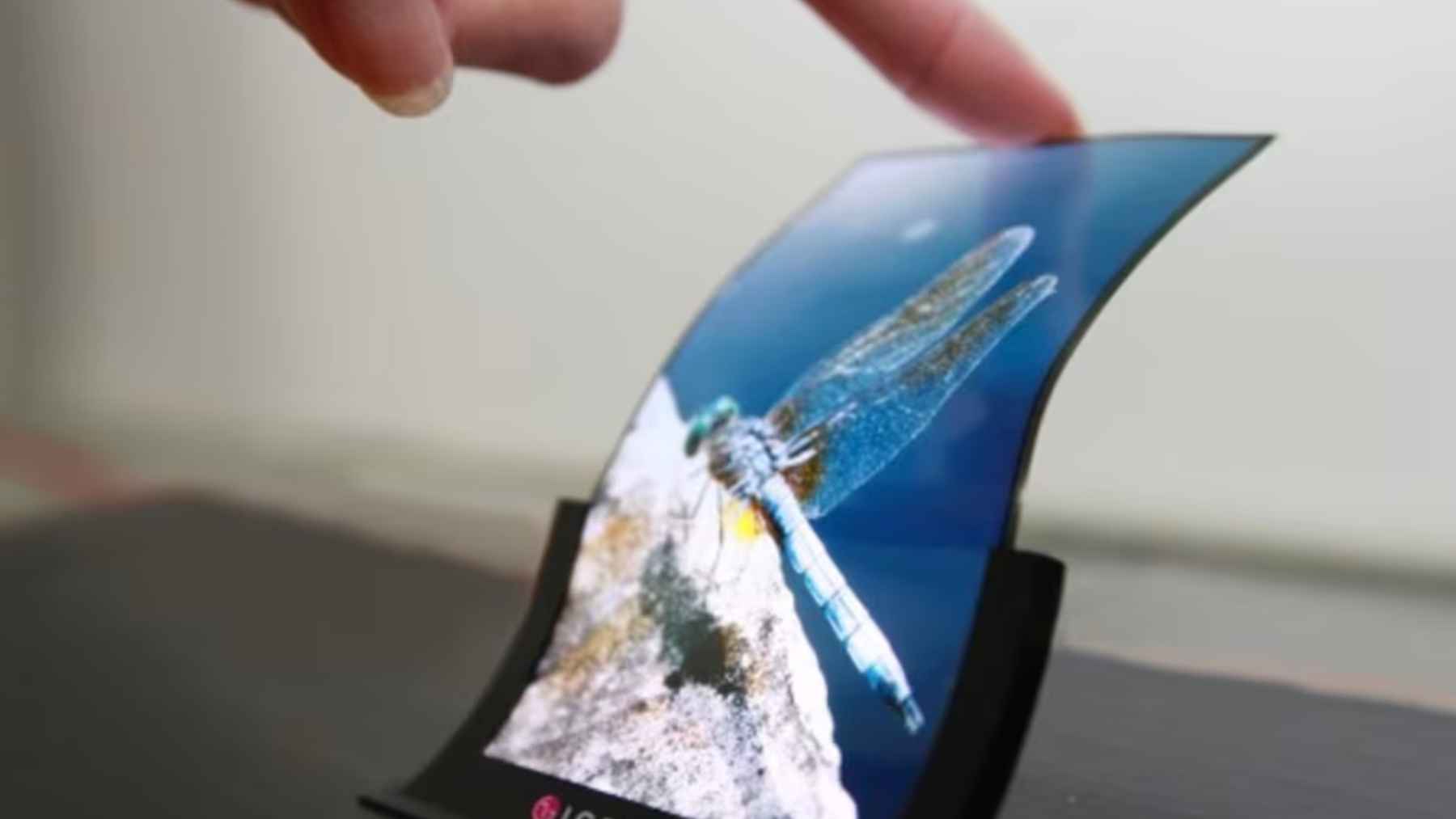German designer Franziska Rausch has developed POS+, a game-changing modular solar kit for home energy systems that will never be the same again. Unlike the heavy and rigid silicon panels, Positive Slope (POS+) utilizes organic photovoltaic (OPV) technology, offering lightweight, flexible packaging that allows for easy installation. The new life-cycle system incorporates a “zip-and-go” strap installation system, biodegradable packaging, and a full-spectrum maintenance and return program to prevent the buildup of any solar waste in remote areas.
Revolutionary organic photovoltaic technology converts the accessibility of solar
POV is a flexible solar module with a lightweight, rollable Organic Photovoltaic (OPV). Compared with conventional silicon modules, OPV is more flexible, resource-efficient, and easy to recycle. The null point: POS+ requires no additional setup during installation, can be attached to the wall at working height with just a simple zip-and-go strap (no special tools and no climbing), and is designed with ASCA film cells (800 x 400 mm). Even those who are not technically minded can install it safely.
The turbulence beard violet color increases the absorption of the light, and the conductor wires are designed to keep the resistance as low as possible with an FF of 74%. A waterproof housing provides for maintenance and part replacement, and POS+ has basic lighting, but is modularly expandable. This is available in biodegradable pulp packaging with instructions printed on bamboo cloth using symbolic and intuitive icons to bridge the language barrier.
Tool-free installation revolutionizes the solar panel deployment method
The system detaches from conventional solar modules’ rigid, glassy, and technology-encrusted image. Unlike standard solar panels, POS+ adopts organic photovoltaics (OPV), lighter, more flexible, and heading down the track for recycling. The elastic, egg-shaped shape, and touch-and-zip “zip and go” strap allow for a tool-free and non-professional use of the system.
Field Research to Inform Sustainable and Innovative Designer Solutions
Rausch began the design work by conducting research on the ground in Cambodia in collaboration with the NGO SunHelp. She installed solar panels in remote villages, bought locally available solar home systems, interviewed and conducted workshops, and reported on how solar energy is used. Most are very simple hut dwellings and only require basic supplies for light and a cell charger.
Rausch found DIY installations with cable ties as well as unpainted nails, rusty nails, and makeshift pole constructions. These insights influenced both the form and procedure of the entire design. Back in Germany, she directed her attention to solar technology, sustainability problems, and alternative materials like OPV, algae-cells, or Biopanels. Considering the huge waste issue in Cambodia, packaging became one of the popular subjects during the development process. A take-back and maintenance concept guarantees the productivity of the system and prevents solar waste even in remote regions.
Future Tech: Decentralization tackles world energy accessibility issues
The hardware for POS+ already exists. The second step will be to develop a working prototype with the use of the films produced by ASCA (field test) and the second one (market-ready) to be developed in conjunction with experts in order to be tested in real conditions, and preferably in a return trip to Cambodia. Although OPV is still quite expensive, its longevity, reparability, and recyclability make it a future-proof solution.
Organic Positive Organic Sun plus (POS+) is a revolutionary product in the field of solar technologies: bringing together new approaches to organic photovoltaics with the design processes, taking into account the end-user’s needs. By making accessibility, sustainability, and lifecycle responsibility its top priority, POS+ creates a compelling vision for the future of residential solar energy, which can and will help transform the way people across the globe access clean and renewable energy possibilities through simplified technology solutions that carry an environmentally sound conscience.
